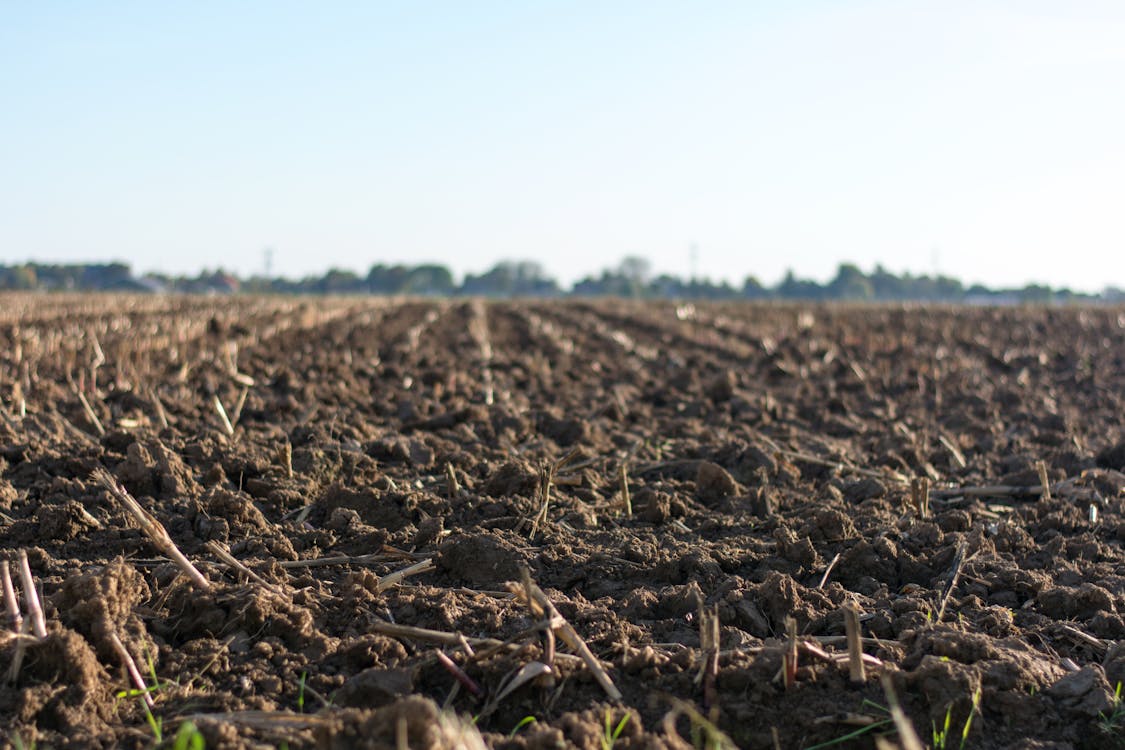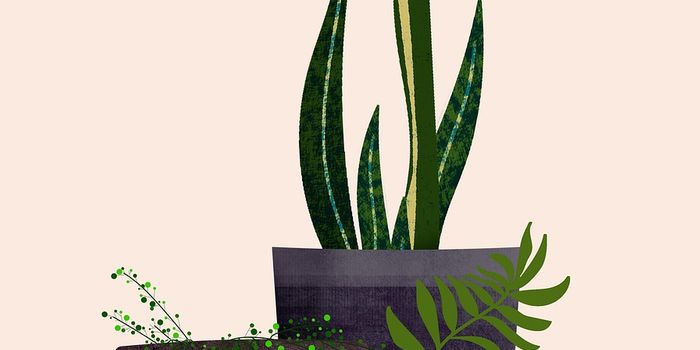For the soil, for us all!
A recent report released from The Microbiology Society features soil health as one of the most urgent areas of concern. While soil health affects nearly every aspect of life as we know it – from agricultural productivity to biodiversity to water quality – it gets not nearly enough attention from the general public. This report calls on the EU and UK to invest in soil health, warning that, according to the UN, there may be fewer than 60 harvests left in the world’s soil if we do not take action soon.
In calling for increased access to research into soil health, the report points toward the vast microbiological diversity of soil, highlighting that every gram of soil hosts 40,000-50,000 species of microorganisms. Not 40,000-50,000 individuals – 40,000-50,000 species. That is an incredible wealth of life that goes largely unappreciated and yet is so crucial to our own survival as a species.
Microbiologists from the Society say that in order to impress this knowledge upon the public, and especially farmers, it is imperative to promote outreach activities in agricultural schools as well as in non-academic environments. Collaboration is key, they say, if we are to move forward together on an ecologically favorable path.
Agriculture is one of the most intensive activities affecting soil health. Constant tilling and fertilizer use degrades soil much faster than the soil can recover and soil practices that center sustainability over short-term profit are far too few. The consequences of such profit-focused agriculture are glaringly obvious: estimates show that the UK could be a mere 30-40 years from "fundamental eradication of soil fertility".

But the report harps that microbiology can help inform mitigation strategies that incentivize sustainable soil management. For example, the addition of certain microbes can promote certain properties in run-down soil by removing contaminants or improving fertility.
While the EU has named soil health as one of its top five priorities, the Society urges nations to invest now in campaigns and projects that are working together to design and introduce new sustainable land management practices – before it’s too late.
Sources: Microbiology Research, Eureka Alert








